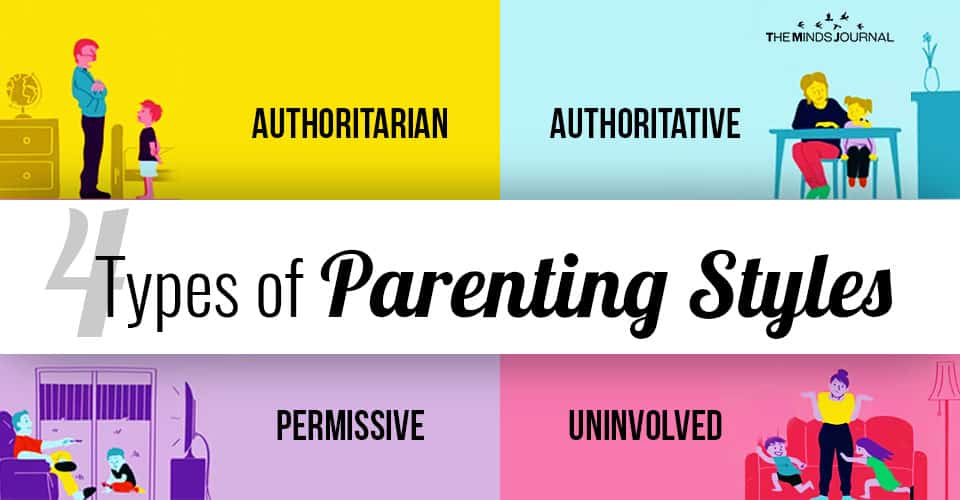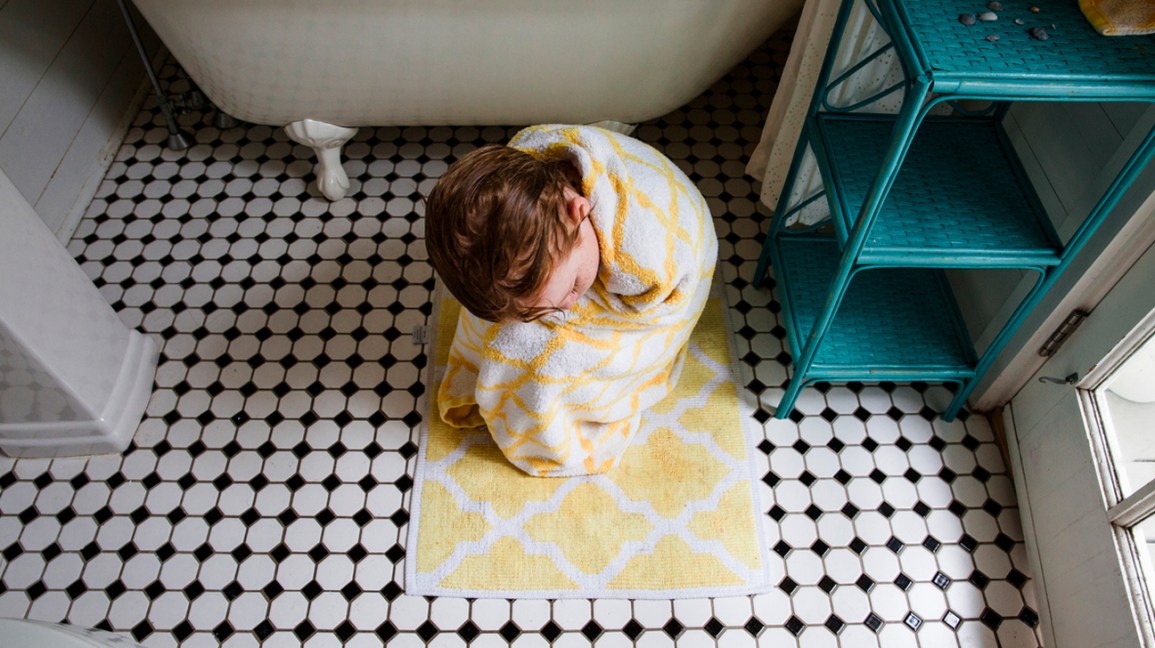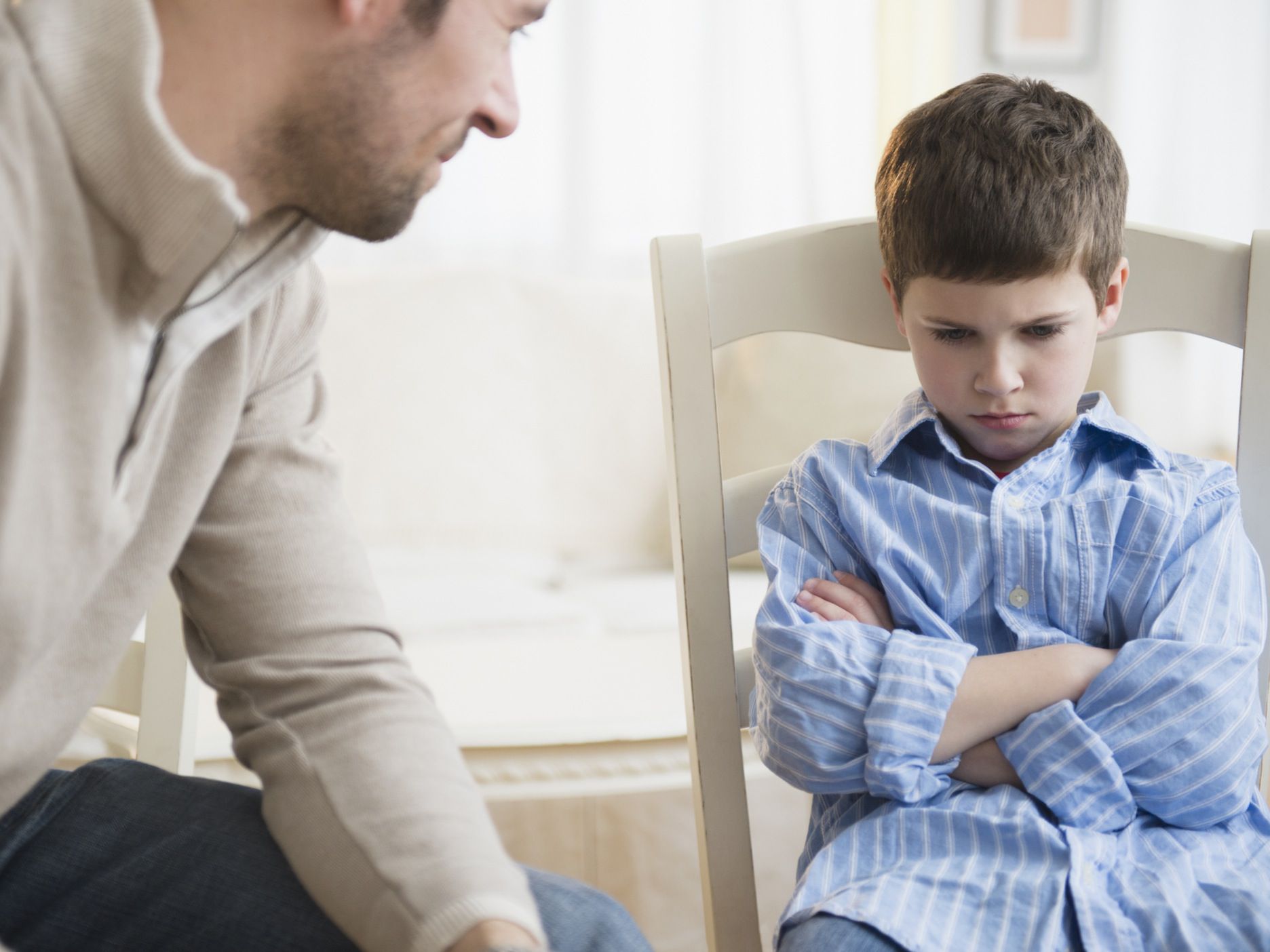Parenting is hard. We all know that. But it’s also one of the most rewarding things we’ll ever do in our lives. There are so many different ways to be a parent. This is no matter what path you choose, there will be challenges along the way. In this blog post, we’ll discuss some of the most common parenting challenges and offer advice on how to overcome them. We hope that this information will help you become a better parent and make your journey a little bit easier.
Contents
What Is Parenting?
 Parenting is sometimes defined as the process of raising and educating a child from birth or before adulthood. Parenting refers to the aspects of raising a child aside from the biological relationship. The most common caretaker in parenting is one’s own parents, although others may be an older sibling, grandparent, aunt/uncle, or another relative.
Parenting is sometimes defined as the process of raising and educating a child from birth or before adulthood. Parenting refers to the aspects of raising a child aside from the biological relationship. The most common caretaker in parenting is one’s own parents, although others may be an older sibling, grandparent, aunt/uncle, or another relative.
Parenting can also mean ‘the way you are brought up by your parent’s for example: ‘I was raised in a very strict parented home.’ (adjective). This word is usually used as a noun.
In other words, parenting is the way someone raises their child or children in terms of discipline and teaching them how to behave within society. It is also raising your child in a good moral environment with people of good character that will help you raise your child properly by example.
Parenting can be one of the most difficult jobs anyone has to undertake because it involves dealing with another human being who has his/her own personality and mindset (opinions). In addition, they are learning from us while we teach them how life works through our actions which may not always be right unfortunately but sometimes necessary like when disciplining misbehaving kids, etc. Parenting isn’t just about giving birth then leaving everything else up to someone else; it requires constant attention and dedication.
Different Types of Parenting Styles

There are many types of parenting styles, but here are a few examples:
Authoritative Parenting Style
This parenting style is one of the most popular and is characterized by demanding high standards of behavior, but also being supportive and communicative with children. Sometimes this parenting style is also called democratic because it involves giving children a say in family decisions. This parenting also means that parents are not authoritative when it comes to discipline but use rewards and punishments only as needed.
Permissive Parenting Style
This parenting style is one of the least popular because it involves giving children very little responsibility or structure in their lives, which can lead to problems later on with self-esteem issues as well as lack of respect for authority figures like teachers at school. It’s also important that these types don’t know how much control over what happens around them they actually have since everything seems so out of their hands anyway due to lack thereof! This means no homework assignments set by mom or dad; just free reign time spent doing whatever pleases themselves most often than not (i.e., playing video games instead). Another example would be if a child is used to this type of parenting and goes off to college, they may struggle when their residence hall advisor tells them what time their lights need to be out.
Authoritarian Parenting Style
This parenting style is the complete opposite of permissive parenting in that it involves giving children a lot of rules and regulations to follow, with little explanation or communication. Also known as strict parenting, this style can often lead to obedience but also resentment from children over not being able to understand why they have these restrictions placed on them. This type of parent usually expects perfection from their kids and uses punishment rather than rewards as a means of discipline.
Neglectful Parenting Style
Neglectful parenting is one of the worst types because it involves not providing children with the most basic needs like food, clothing, shelter, or love. This can often lead to kids feeling abandoned and alone in the world, which can have long-term emotional consequences. Some signs that a child may be experiencing neglectful parenting include being withdrawn or isolated from friends and family, having low self-esteem, exhibiting behavioral problems, or showing physical indicators of neglect such as being malnourished or dirty.
This type of parenting is unfortunately quite common, especially in cases where the parents are dealing with their own personal struggles like addiction or mental illness.
Impacts of Parenting On Children

There are many impacts of parenting on children like:
Makes Them Responsible
Good parenting always makes children responsible for their actions. It teaches them to think about the consequences of their actions and helps develop their discipline skills in life by making choices that are right or wrong, appropriate behavior in public settings such as school or work environments where authority figures exist so they can learn from mistakes rather than repeating bad behavior patterns over again which could cause long-term emotional damage if left unchecked early on through poor parenting styles (e.g., authoritarian). This type also means being more mindful when it comes to making decisions because there’s no one else around who will hold your child accountable accept yourself as a parent!
Makes Them Respectful
Good parenting also makes kids respect others’ needs and feelings, which is important for developing healthy relationships with other people as they get older. It teaches them to be considerate and understanding of others, think about what might make someone upset or happy before taking any action that could potentially cause harm, and how to compromise in order to maintain healthy relationships with friends, family members, and romantic partners.
Makes Them Confident
Parenting also makes children confident in themselves as individuals because it provides a sense of security and support. Kids who feel loved and supported by their parents tend to grow up feeling more secure in their own skin which gives them the courage to take on new challenges in life without fearing failure. This can translate into better academic performance, increased work productivity, and healthier personal relationships later on in life.
Makes Them Happy
Last but not least, good parenting makes children happy. It provides them with a sense of stability and comfort that they can rely on during difficult times, teaches them how to enjoy life’s simple pleasures, and gives them something to look forward to in the future. Kids who are raised in a healthy and positive home environment tend to be more content and less likely to suffer from depression or anxiety disorders as adults. This also includes teaching them how to deal with difficult emotions in a healthy way, rather than suppressing or ignoring them which can lead to emotional problems down the road.
What Is Negative Parenting?
 Negative parenting is also a term that can be used to describe the way a parent treats their child. It is also known as permissive parenting and it is one of the most common types of parenting in the United States. Negative parenting can cause problems in children’s development because they are not being taught how to function properly on their own or within society, or even what kind of behavior should be expected from them as parents themselves. In order for negative parenting to work effectively, a child needs to understand that his/her actions have consequences and that he/she must obey those consequences if he wishes to remain with his family unit and live out his life without having any regrets later down the road about choices made when younger years were spent under parental guidance.
Negative parenting is also a term that can be used to describe the way a parent treats their child. It is also known as permissive parenting and it is one of the most common types of parenting in the United States. Negative parenting can cause problems in children’s development because they are not being taught how to function properly on their own or within society, or even what kind of behavior should be expected from them as parents themselves. In order for negative parenting to work effectively, a child needs to understand that his/her actions have consequences and that he/she must obey those consequences if he wishes to remain with his family unit and live out his life without having any regrets later down the road about choices made when younger years were spent under parental guidance.
Impacts of Negative Parenting

There are many negative parenting styles in the world and there are many negative impacts that can occur from these negative parenting styles.
Makes One Insecure
Sometimes, when a child is constantly yelled at, they can become very insecure. They may not feel good enough or like they are worth anything. This can impact their self-esteem and how they view themselves as a person. It can also make one more likely to engage in self-destructive behaviors.
Leads to Depression
Depression is another common outcome of negative parenting styles. When a child is constantly yelled at and feels like they are not good enough, they may start to feel depressed. This can lead to them feeling hopeless and helpless. It can also lead to them engaging in suicidal thoughts or behavior.
Creates Aggressive Behavior
Children who are raised with negative parenting styles are more likely to become aggressive as adults. They may be more likely to lash out physically or verbally at others. This can cause problems in their personal relationships and professional life. This is also more likely to happen when the child is not able to express their feelings in a healthy way.
Impacts Academic Performance
Negative parenting styles can also have a negative impact on academic performance. Children who are yelled at or who feel like they are not good enough may begin to develop learning problems. They may become less motivated in school or have trouble focusing on their work. This can lead to them getting lower grades and even dropping out of high school altogether.
Leads To Risky Behavior
Negative parenting styles can also lead children into risky behavior, such as drug use or unprotected sex. When a child feels like they are not worth anything, they will seek out ways to make themselves feel better and this often comes in the form of these types of behaviors that carry risks with them.
Affects Future Relationships
The impact that negative parenting has on children can also affect future relationships with other people in their life when they grow up. They might be less likely to trust others or be able to form meaningful relationships. This can cause them significant problems in their adult life.
Makes One Rebellious
Another outcome of negative parenting is that the child may become rebellious. When a child feels like they are being constantly put down and don’t have any positive reinforcement, they may start to act out in order to get attention. This could lead to them having behavioral issues in school or with the law later on in life.
Causes Depression
Depression is another common outcome of negative parenting styles. When children feel like they are never good enough and that their parents don’t care about them, they may start to feel depressed. This can lead to problems such as feeling hopeless and helpless or having suicidal thoughts or behavior.
Leads to Substance Abuse
Children who are raised with negative parenting styles are also more likely to develop a substance abuse problem later in life. When they are looking for a way to make themselves feel better, they may turn to drugs or alcohol. This can ruin their lives and cause them significant problems.
Affects Self-Esteem
Negative parenting styles can also have a negative impact on the child’s self-esteem. Children who are constantly yelled at or put down may start to believe that they are not good enough. They may begin to doubt themselves and think that they can’t do anything right.
Tips To Overcome From Negative Impacts of Negative Parenting

There are many tips that one can use to overcome the negative impacts of parenting.
Try To Give Time
Children should always have an equal time with their parents. If one parent is constantly working or traveling, the child will feel neglected and may have behavioral issues. Sometimes this can be resolved with a family meeting to discuss the child’s schedule and how everyone can work together to make sure the child has enough time with both parents.
Make Efforts To Improve Relationship
Some parents do not have a good relationship with their children. It can be challenging to improve the relationship. However, it is important to try as hard as possible and make every effort possible to give your child all the time they need. This will also help them feel loved and wanted by you and that their needs are being met. It can also be helpful to seek out counseling if the relationship is really bad.
Set Boundaries
It is important for parents to set boundaries with their children. This will help them learn how to behave and what is expected of them. It can also help teach them right from wrong. Parents should make sure that they are consistent with the rules that they set and enforce those rules fairly.
Show Emotion
Parents should show emotion towards their children, even when they are angry or upset. Children need to know that it is okay for parents to feel these emotions and that they will not be punished for showing emotion themselves. It is also important to be able to forgive your child when they do something wrong. This is so that they can learn from their mistakes.
Make Time For Fun
It is also important for parents to make time for fun. This can be done by taking the child on outings or doing activities together that they enjoy. This will help create a bond between the parent and child and show them that you are interested in their life outside of school and chores. It can also be beneficial to do things with your child that they enjoy so that they feel like you are interested in their lives and want to spend time with them.
Create Positive Family Memories
One way to help a child overcome the negative impact of parenting is by creating positive family memories. This can be done through activities such as taking pictures together or making videos that show fun times together. It can also be helpful to make an effort to talk about happy times from the past. This is even if these were difficult times for both parents and children. This will create a bond between you and your children. It will allow them the opportunity to express themselves more freely around you. This is without fear of getting into trouble or feeling judged. These are by others who may not understand what went on during those years.
Seek Professional Help
One should also seek professional help if there is any sign of trouble in their child’s behavior. Professional counselors are trained to recognize and treat these behaviors as well as how to deal with them appropriately without causing further harm or damage. This can be a very expensive process, but one that is worth paying for when it comes down to the health of your children.
Keep Child Busy
Another way that you can help your child overcome the negative impacts of parenting is by keeping them busy throughout the day. This is so they do not have time to think about what happened during the night before or worry about things like schoolwork deadlines and homework assignments. Keeping a routine schedule will also keep their minds off of those thoughts. This is because they know exactly what needs to be done each day and where everything is at. This can help reduce stress levels for both the child and the parent.
Be Supportive
Parents should be supportive of their children in everything they do. This includes both positive and negative events. If the child fails, the parent should be there to console them and help them get back up. If the child succeeds, the parent should be there to celebrate with them and give them praise. Being supportive shows that the parent cares about their child and wants them to succeed in life.
Encourage To Have Supportive Friends Network
Every child should be encouraged to develop a support network of friends. These are those who can help them deal with problems when they arise in life. These are such as getting angry or hurt when something goes wrong at school or home, etc. Make sure that this supportive network consists of people from different backgrounds. This is so that there is no one person who judges others judgmentally
Conclusion
Parenting is one of the most important jobs a person can have. It is also one of the most challenging. There are so many things to think about and so much to do. But it is worth it. The rewards are great. Parenting is a never-ending journey full of surprises. You never know what you are going to face next. But that is part of the excitement and challenge of parenting. It keeps you on your toes. Every day, parents make hundreds of decisions – big and small. Some decisions are easy, while others are difficult. But all of them are important.
There is no right or wrong way to parent – only what works for each individual family. What matters most is the love and support parents provide their children. By caring for their children, parents are preparing them to be successful adults. So keep up the great work! Your efforts will pay off – in your child’s life and in yours.
A Word From Therapy Mantra
Your mental health — your psychological, emotional, and social well-being — has an impact on every aspect of your life. Positive mental health essentially allows you to effectively deal with life’s everyday challenges.
At Mantra Care, we have a team of therapists who provide affordable online therapy to assist you with issues such as depression, anxiety, stress, relationship, OCD, LGBTQ, and PTSD. You can take our mental health test. You can also book a free therapy or download our free Android or iOS app.


